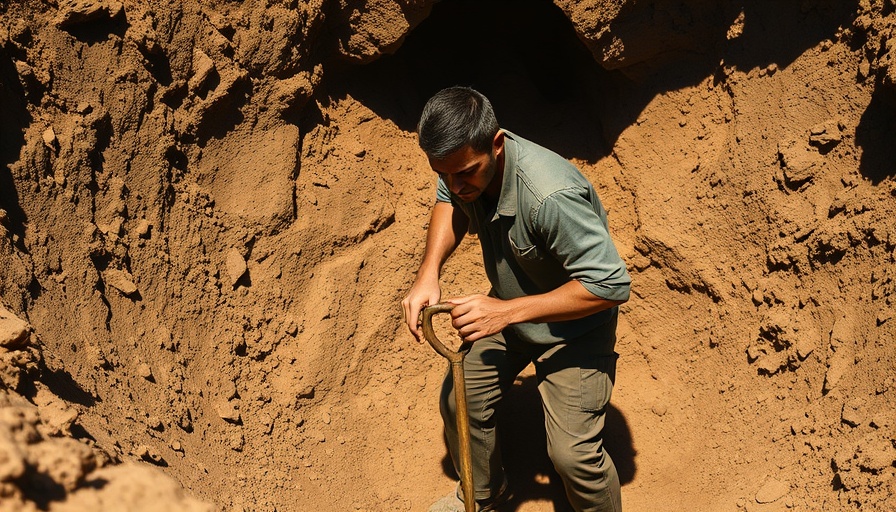
Sun International Commends Environmental Leader for Transforming Education
A landmark initiative, the Eco-Schools project by Sun International, is dramatically reshaping environmental education in South Africa, especially within the Gauteng region. This program, now in partnership with the Wildlife & Environment Society of South Africa (WESSA), focuses on fostering sustainable practices among students and educators alike. As the partnership heads toward its conclusion in August 2025, significant milestones have already been achieved.
Advancing Environmental Education in Schools
Four key institutions have embraced this initiative: Moduopo Primary, Ipontshe Primary, Ekukhanyisweni Primary, and Tembisa School of Specialisation. Over 280 students, alongside 23 educators, have benefited from innovative and hands-on environmental education. These schools serve as benchmarks for integrating sustainability into the mainstream curriculum, showcasing effective teaching practices in a region marked by economic and environmental challenges.
Achievements Recognized on a Global Scale
The program's success was highlighted at the recent WESSA Schools Awards. Notably, Moduopo Primary was awarded the Platinum 2 award, demonstrating seven years of commitment to environmental excellence. Central to this accomplishment is Christina Lephalala, a passionate teacher awarded the prestigious FEE Teacher of the Year title.
Christina Lephalala: A Model for Educators Worldwide
Recognized not just for her dedication but for her impacts on environmentally sustainable practices, Lephalala now assumes the role of a national ambassador. Her vision is simple yet transformative: empower students through real-world environmental experiences. “One’s environment is the best teacher,” she insists, passionately advocating for educational equity that adapts to ecological changes.
Integrating Environmental Goals into Education
At Moduopo Primary, environmental education transcends traditional learning. The school became a model for how educators can harness local resources to teach significant conservation goals. Lephalala's dedication led to the incorporation of a local wetland into the curriculum, reinforcing the importance of integrating environmental stewardship into students' everyday experiences.
Real-World Application of Knowledge
Through the Eco-Schools Programme, education has evolved from just learning facts to engaging students in transformative action. This fosters a generation of eco-leaders, ready to tackle local and global climate challenges. By melding subjects such as science with practical conservation, students are not merely passive recipients of knowledge but active participants in environmental stewardship.
The Long-Haul Efforts for Sustainability
By supporting schools to engage with sustainable projects tied to their communities, the Sun International initiative exemplifies the core tenets of Education for Sustainable Development (ESD). Such programs align not only educational goals but also serve integral societal needs—breeding future custodians of our planet.
Envisioning the Future of Education and Environment
Lephalala and her students represent a microcosm of what can be achieved when education and environmental responsibility intersect. As empowered learners, these students are equipped to spearhead initiatives that will not only tackle climate issues on a local scale but also contribute to broader movements aimed at mitigating climate change effects.
A Call to Action for Educators and Policymakers
The recognition of leaders like Christina Lephalala sends a compelling message. The integration of power generation solutions within educational frameworks—from renewable energy sources like solar and wind to energy efficiency measures—will enhance the knowledge pool available to the new generations. To sustain these initiatives, collaboration between educational authorities, corporate partners, and environmental organizations is essential.
This burgeoning commitment to environmental stewardship in education not only addresses the immediate need for ecological awareness but also builds a robust framework for future endeavors aimed at achieving climate resilience. By fostering education that empowers instead of merely informs, we can create a blueprint for sustainable development that extends far beyond the classroom.
Ultimately, it is the responsibility of every educator, leader, and policymaker to embrace these changes, ensuring that every student not only learns about sustainability but also practices it in their communities.
 Add Row
Add Row  Add
Add 




Write A Comment